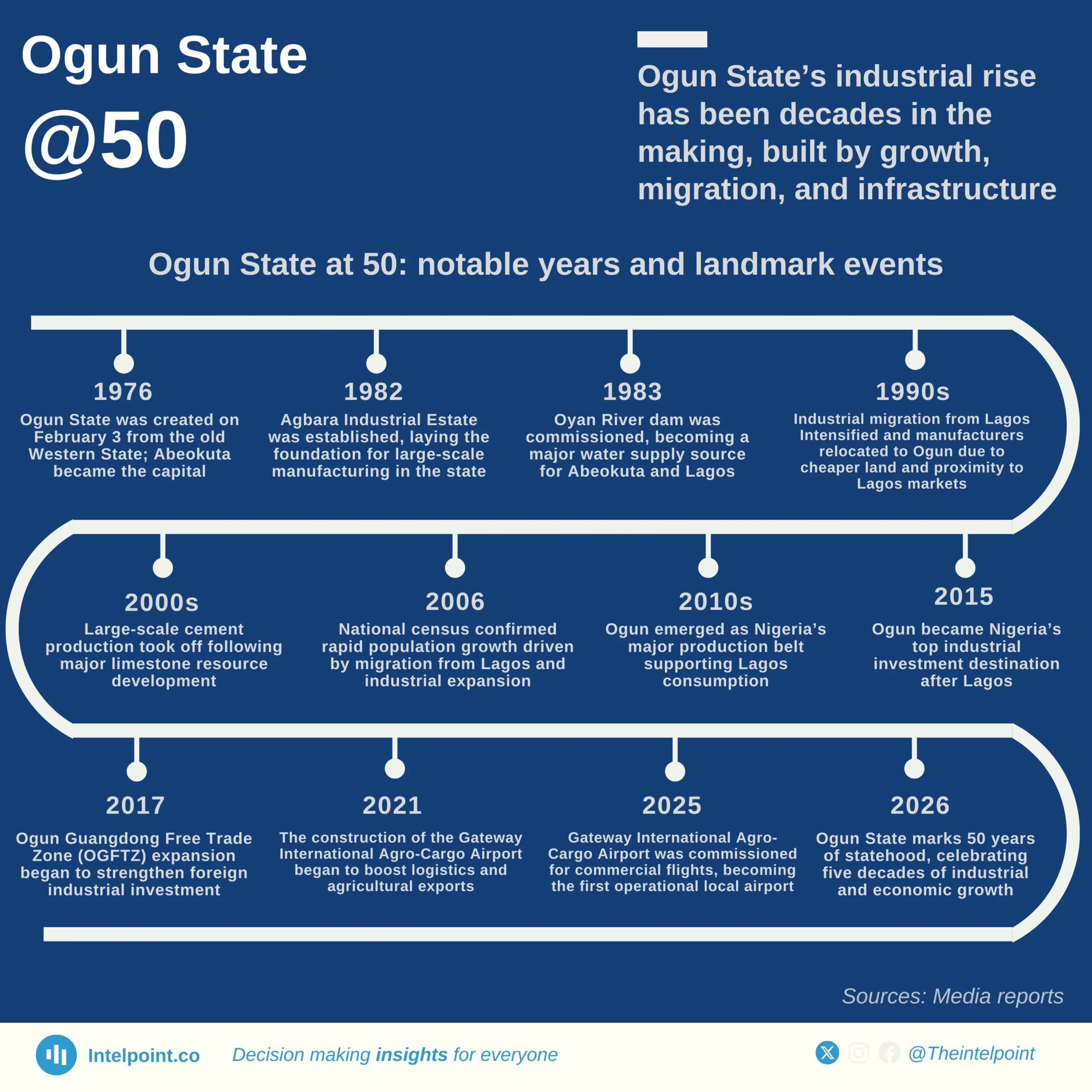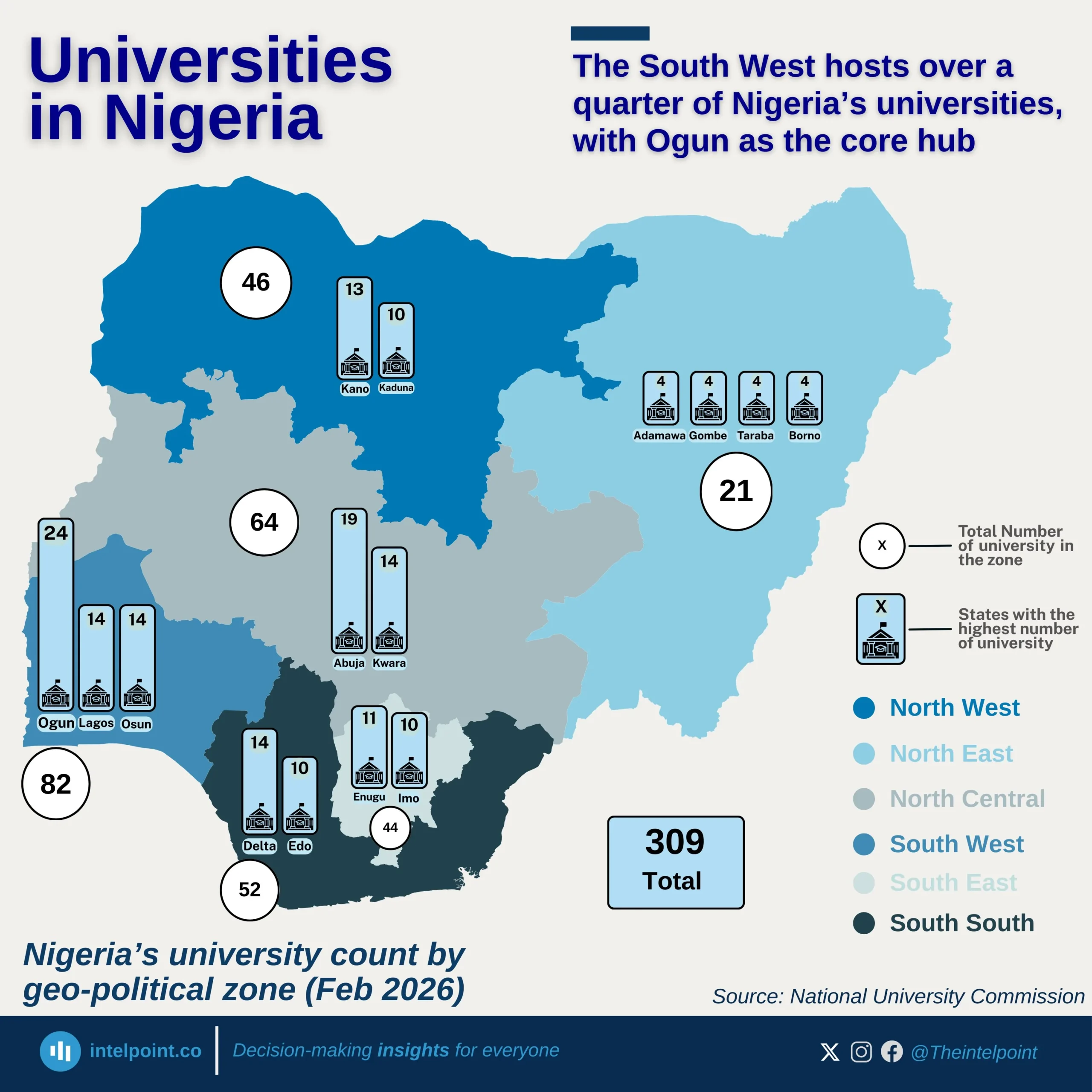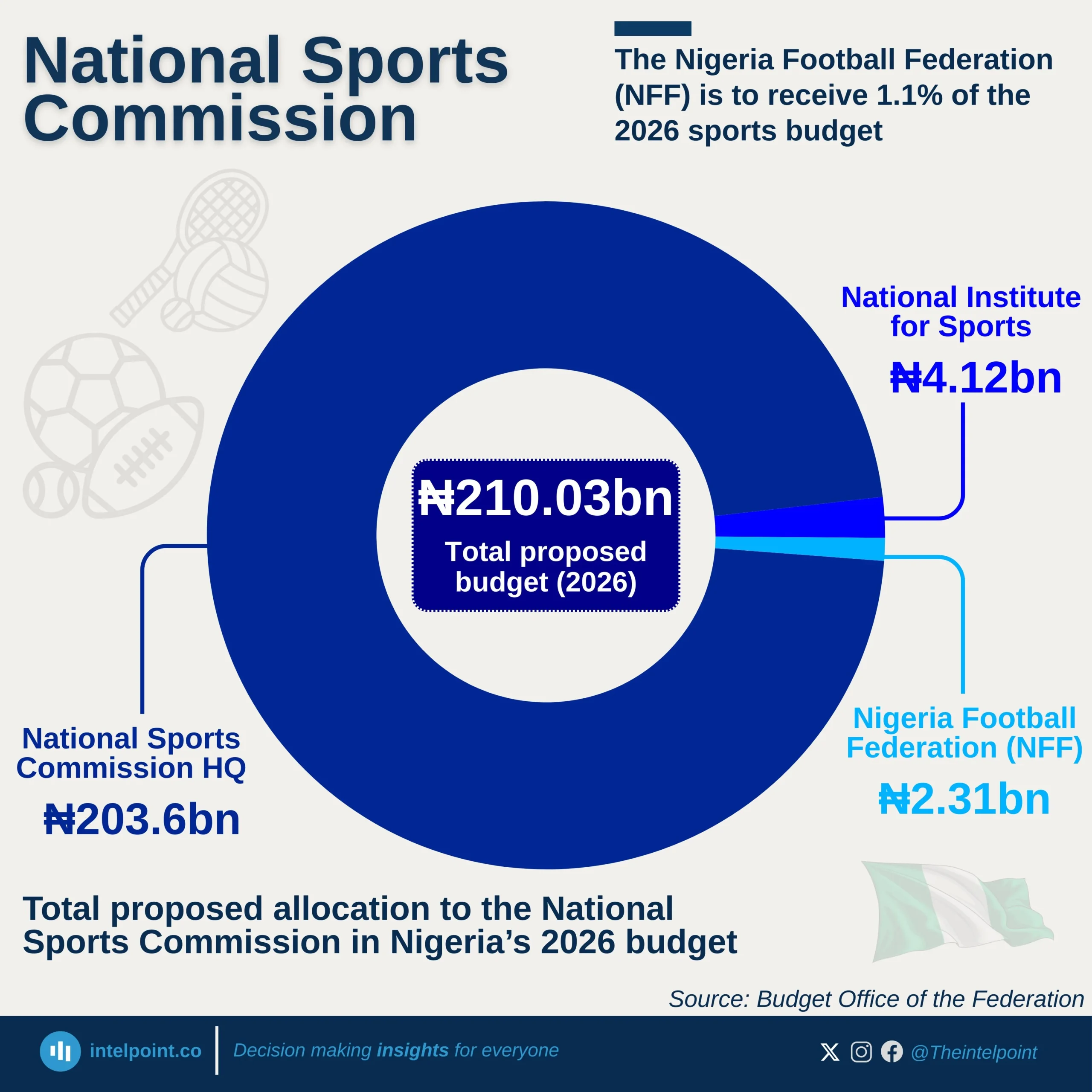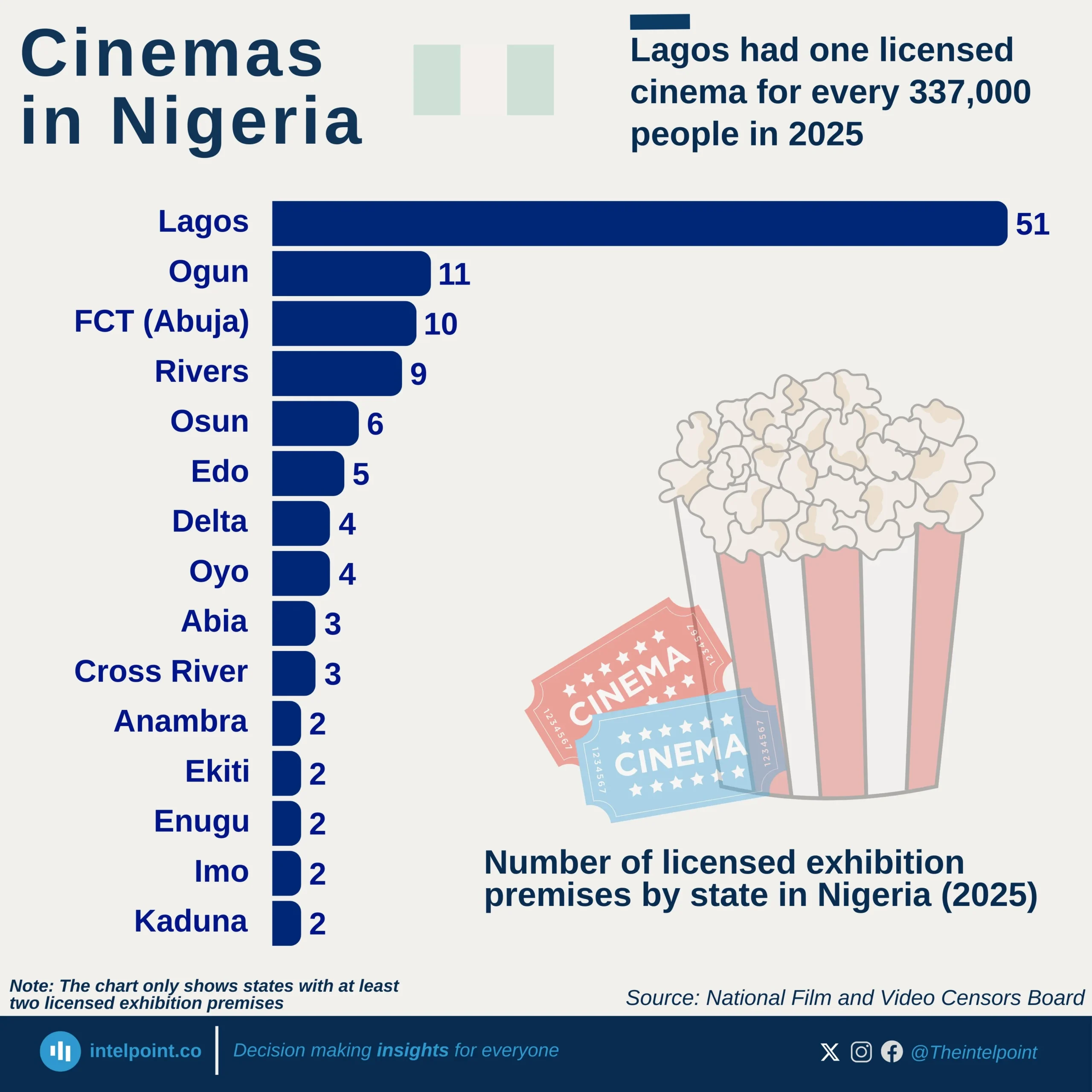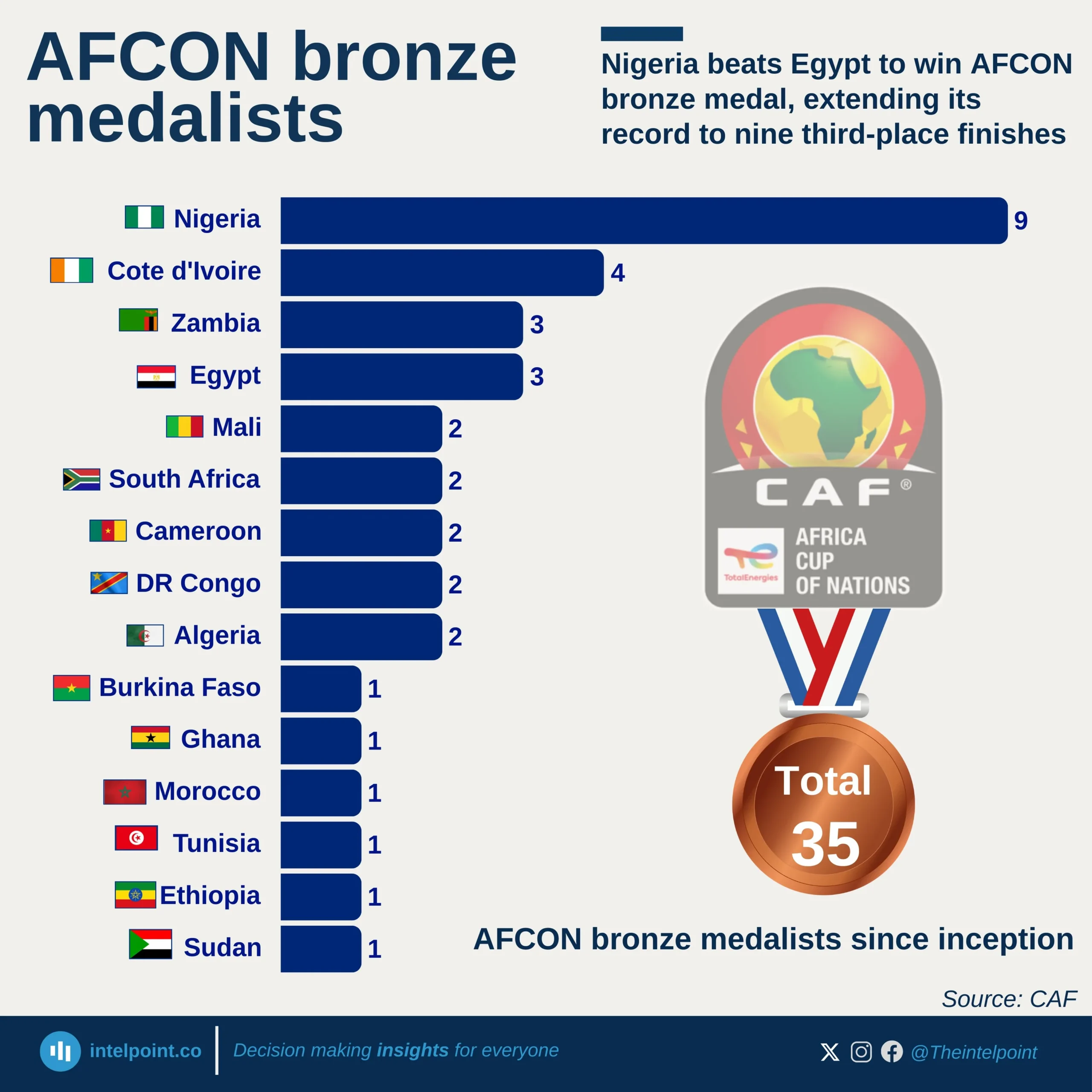Between 2000 and 2023, personal remittance outflows from Nigeria amounted to over $3.2 billion, a reflection of the funds sent by migrant workers or foreign nationals residing in Nigeria to their families or communities abroad. These outflows remained relatively modest until 2015, when the data showed an extraordinary surge: over $1.04 billion was sent out that year alone, more than 30% of the total recorded over two decades.
This spike could indicate a unique economic or policy event, possibly related to capital flight, currency concerns, or foreign labour transitions during that period. Following 2015, remittance outflows gradually dropped, and by 2018, they settled into a more stable range, hovering around $80–90 million annually. This trend suggests that the 2015 spike was an outlier in an otherwise modest and steady remittance outflow landscape for Nigeria.
